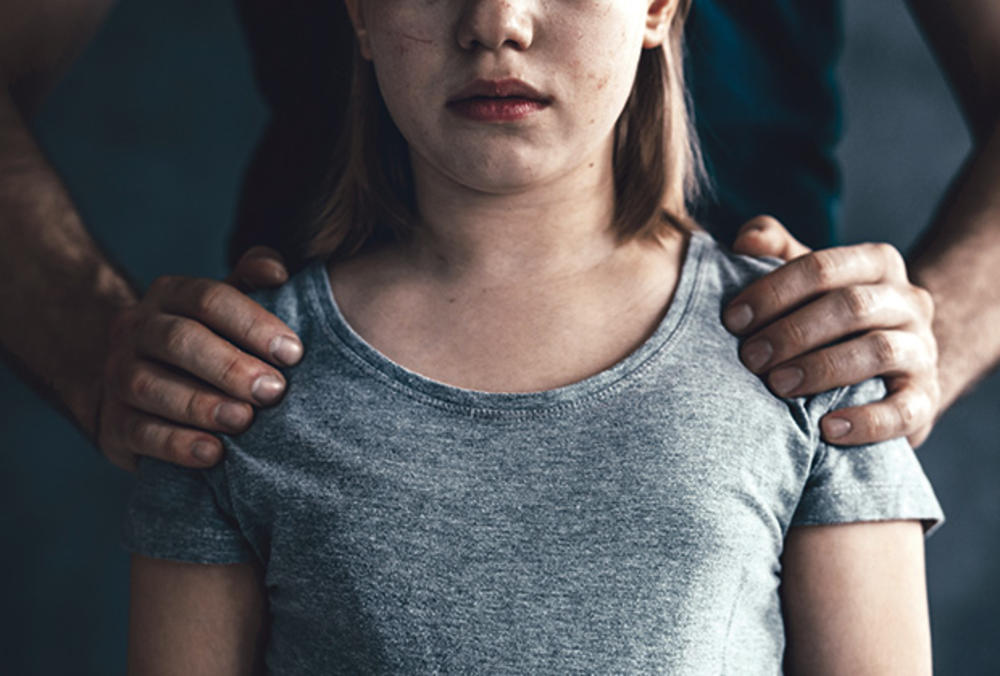With the enactment of the Child Victims Act in New York last week, hundreds if not thousands of lawsuits are expected to be filed on behalf of adult victims of child sexual abuse who were previously barred from filing a claim by strict statute of limitations laws. The new Child Victims Act not only extends the time period victims of child sexual abuse have to file a claim, it establishes a one-year “lookback” period during which abuse victims of any age can sue their abuser, no matter how long ago the original abuse occurred. The first day to file a claim under the new law was August 14, and by the time the courts closed that day, more than 400 sexual abuse claims had already been filed, many against Catholic dioceses in New York, the Boy Scouts of America and other institutions accused of harboring sexual predators or covering up instances of child sexual abuse.
Statute of Limitations for Sex Abuse Claims
Before the Child Victims Act was passed in New York, most states had strict laws in place limiting the amount of time survivors of child sexual abuse had to file criminal charges or sue in civil court. Now, with increasing news coverage of the sex abuse scandals that have rocked the Catholic Church, USA Gymnastics, the Boy Scouts of America, the University of Southern California, Michigan State University and other institutions accused of enabling child sexual abuse, covering up complaints of sexual abuse and protecting those accused of victimizing children, legislators in multiple states are taking necessary action to give victims of child sexual abuse the support they deserve and the voice they need to hold their abusers accountable.
What Does the Child Victims Act Do?
The Child Victims Act in New York effectively extends the time victims of child sexual abuse have to file criminal charges against their abuser (until they are 28 years of age) and to seek compensation through a civil lawsuit (until they are 55 years of age). A similar bill was passed in New Jersey in May 2019 and is set to go into effect December 1, 2019. The bill gives victims of child sexual abuse the opportunity to sue their abusers up until they turn 55 years of age, or within seven years of realizing that they suffered harm as a result of the abuse, and creates a two-year window during which victims of child sexual abuse who were previously barred by the statute of limitations can file a civil lawsuit seeking damages. Pennsylvania, in the aftermath of a grand jury report last August that named as many as 300 Catholic priests accused of victimizing more than 1,000 children over seven decades, is now proposing a two-year lookback period for victims of child sexual abuse to sue their abusers in civil court.
Similar Laws in Play in Other States
The clergy sex abuse scandal and other child sex abuse scandals that have come to light recently have resulted in renewed efforts to protect innocent children from abuse and seek justice for survivors of child sexual abuse. In addition to New York, New Jersey and Pennsylvania, other states are now considering or have already passed laws to extend or remove the statute of limitations for child sexual abuse, including California, which previously opened up a one-year window for retroactive sex abuse claims in 2003. During that lookback period, more than 1,000 civil lawsuits were filed by adult victims of child sexual abuse, and a similar bill has been introduced in California that would create a new three-year window for sexual abuse survivors in the state to file civil claims, no matter how much time has passed since the alleged abuse occurred.
Compensation for Victims of Child Sexual Abuse
The Catholic Church, the Boy Scouts of America and other institutions plagued by reports of child sexual abuse stand to lose a great deal in the face of retroactive sex abuse lawsuits and that fact has prompted many Catholic diocese to set up compensation funds to resolve claims of clergy sexual abuse out of court. In Pennsylvania, six Catholic dioceses have reported paying out roughly $56 million on 350 sex abuse claims during the past year. This is equal to about $160,000 per victim, which falls well below the potential payout survivors of child sexual abuse could receive through a civil lawsuit. With the passage of new laws extending or eliminating the statute of limitations for child sexual abuse, now-adult victims with otherwise time-barred claims may have a new chance to bring their case to court and pursue the relief they deserve.




